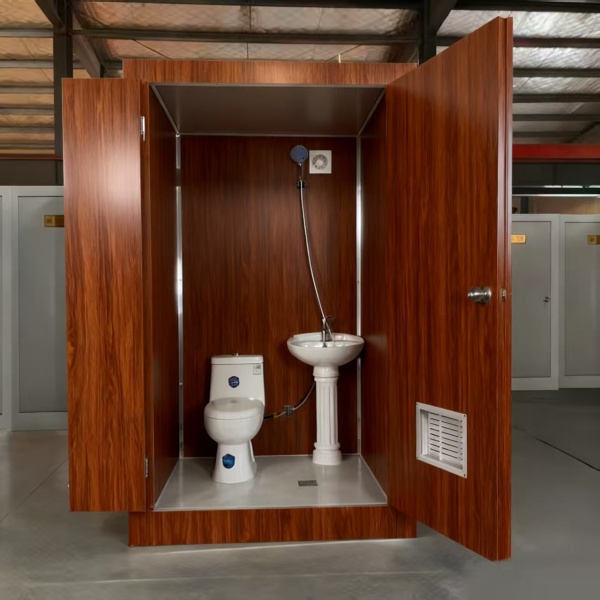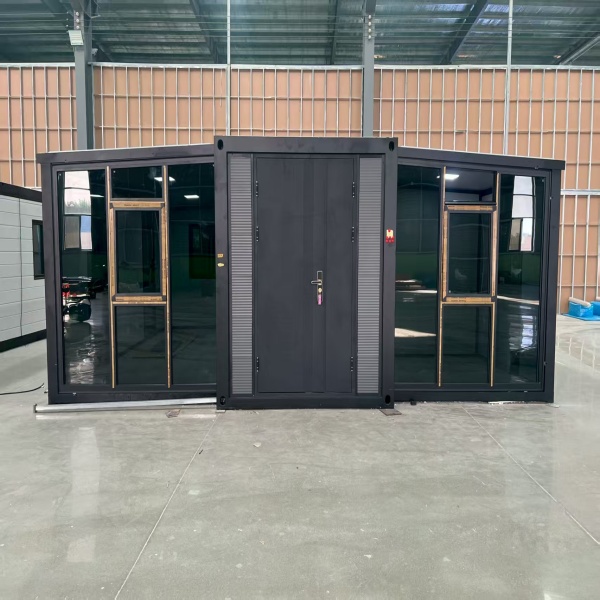-
E-mail
Austin120521@outlook.com -
E-mail
sales@jujiuhouse.com -
Telephone
+86-17864099991 -
Telephone
+86-17854044442
- Chinese
- French
- German
- Portuguese
- Spanish
- Russian
- Japanese
- Korean
- Arabic
- Irish
- Greek
- Turkish
- Italian
- Danish
- Romanian
- Indonesian
- Czech
- Afrikaans
- Swedish
- Polish
- Basque
- Catalan
- Esperanto
- Hindi
- Lao
- Albanian
- Amharic
- Armenian
- Azerbaijani
- Belarusian
- Bengali
- Bosnian
- Bulgarian
- Cebuano
- Chichewa
- Corsican
- Croatian
- Dutch
- Estonian
- Filipino
- Finnish
- Frisian
- Galician
- Georgian
- Gujarati
- Haitian
- Hausa
- Hawaiian
- Hebrew
- Hmong
- Hungarian
- Icelandic
- Igbo
- Javanese
- Kannada
- Kazakh
- Khmer
- Kurdish
- Kyrgyz
- Latin
- Latvian
- Lithuanian
- Luxembou..
- Macedonian
- Malagasy
- Malay
- Malayalam
- Maltese
- Maori
- Marathi
- Mongolian
- Burmese
- Nepali
- Norwegian
- Pashto
- Persian
- Punjabi
- Serbian
- Sesotho
- Sinhala
- Slovak
- Slovenian
- Somali
- Samoan
- Scots Gaelic
- Shona
- Sindhi
- Sundanese
- Swahili
- Tajik
- Tamil
- Telugu
- Thai
- Ukrainian
- Urdu
- Uzbek
- Vietnamese
- Welsh
- Xhosa
- Yiddish
- Yoruba
- Zulu
- Kinyarwanda
- Tatar
- Oriya
- Turkmen
- Uyghur

China apple cabin prefabricated home
The Rise of Prefabricated Apple Cabins in China
In the evolving landscape of housing solutions in China, the concept of prefab homes is taking root, and not just any prefab homes—integrated apple cabins. These structures promise a unique blend of sustainability and practicality, resonating deeply with both rural aspirations and urban demand. At the heart of this movement is Shandong Jujiu Integrated Housing Co., Ltd., a player making significant strides in this niche.
Understanding the Appeal of Apple Cabins
Apple cabins, a term that may seem intriguing at first glance, are essentially modular homes integrated into or themed around expansive apple orchards. The demand stems from China's push towards sustainable living spaces and the burgeoning interest in agritourism. Consumers see these cabins as not just homes, but as experiences where living in harmony with nature is a primary allure.
The practicality of these cabins is unmistakable. They are prefabricated, which means reduced construction time and cost. Shandong Jujiu Integrated Housing Co., Ltd., with its expertise in light steel villas and modular design, provides a range of solutions that align well with this vision. Their approach focuses on optimizing designs for maximum efficiency without sacrificing comfort.
One might wonder about the challenges faced in constructing prefabricated homes among apple orchards. It's an interesting logistical puzzle: ensuring minimal disruption to the land while setting up a home that's both durable and functional. It requires a careful balance of technology and respect for the environment.
Key Challenges and Solutions
Constructing these cabins isn't without hurdles. The primary challenge is blending the structure with its natural surroundings while maintaining the integrity of both. For instance, the foundation must be structured in such a way that it doesn’t damage root systems of the surrounding trees—something that Shandong Jujiu has effectively addressed with innovative foundation solutions.
Another issue is the integration of modern amenities without disrupting the rustic appeal. Clients often want all the comforts of modern living, like efficient heating systems and up-to-date kitchen setups. Shandong Jujiu's research and development team focuses on creating designs that can incorporate these aspects seamlessly, ensuring that they remain practically invisible from an aesthetic standpoint.
Finally, the variability of weather conditions presents its own set of challenges. Apple orchards can be lush and hospitable one season, harsh and unforgiving the next. The materials used by companies like Jujiu must be resilient—necessitating choices like corrosion-resistant steels and weatherproofed paneling to ensure longevity.
The Impact on Local Communities
The introduction of apple cabins has a ripple effect on local communities. It often results in a boost for local economies, primarily through the influx of tourists and agritourists who wish to experience life from farm to table. This tourism feeds back into local businesses—restaurants favor locally-sourced produce, adding to the charm of the area.
Shandong Jujiu, for example, leverages local artisan partnerships to furnish some of these cabins, thereby infusing local culture and crafting traditions into the structures. This results not just in unique living spaces but in a support system for traditional craftsmanship.
Moreover, the environmental benefits cannot be overstated. Prefabricated construction methods used by Jujiu lead to significantly less waste compared to traditional building processes. This is critical in an era where sustainability is more than just a trendy term—it's a necessity.
Future Prospects
Looking ahead, the potential for scaling the concept of apple cabins is vast. Companies like Shandong Jujiu are at the forefront, driving innovation and providing customized solutions to suit different clients' needs. Their website, jujiuhouse.com, details various projects and showcases how these integrated homes can adapt to different terrains and preferences.
There's room for expanding beyond orchards, possibly into other crop contexts or even other thematic nature-centric settings. As technology advances, the possibilities for prefabricated construction grow exponentially wider. One could imagine these homes being a staple not just in rural settings but integrated into urban green spaces as city planners opt for eco-friendly solutions.
Ultimately, the combination of an increasing desire for sustainable living and the customizable nature of Shandong Jujiu's offerings creates a path ripe with opportunity. Whether it's an apple orchard or a bamboo grove, the prefab home arena in China is fertile ground for innovation and growth.
Concluding Thoughts
The journey into prefabricated apple cabins in China is as much about embracing modernity as it is about harmonizing with the earth. It's about innovation leading to responsible stewardship of our environments. As we witness the unfolding of this housing revolution, entities like Shandong Jujiu Integrated Housing Co., Ltd. frame a promising narrative of how we might just redefine our notion of home. Their groundbreaking work, reachable via their website, is paving the way for a greener, smarter tomorrow.
In conclusion, the integration of prefab technologies with agricultural charm offers a vivid illustration of progress—progress that is both sustainable and thoughtful. It's an exciting horizon, one that beckons with the promise of homes as nurturing as they are practical.
Related products
Related products
Best selling products
Best selling products-
 Reasonable Price 1 Bedroom Modular Container House Folding Container Home for Villa or Apartment Use
Reasonable Price 1 Bedroom Modular Container House Folding Container Home for Villa or Apartment Use -
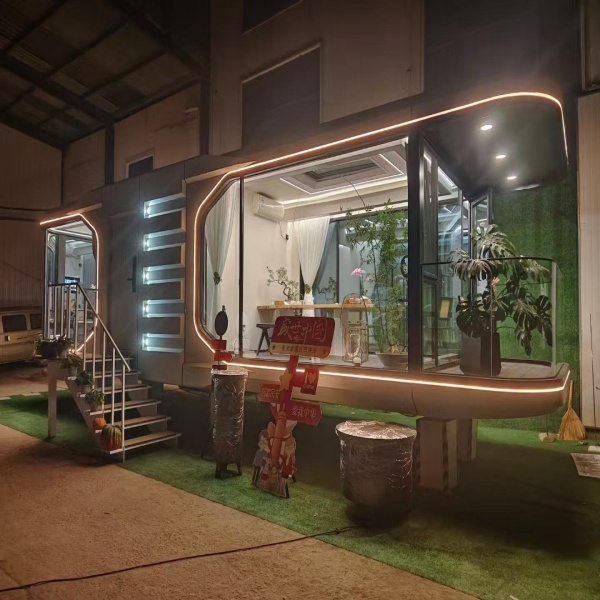 Outdoor ecological capsule rooms, luxury pods, space capsule hotel rooms, prefabricated space capsules, container houses
Outdoor ecological capsule rooms, luxury pods, space capsule hotel rooms, prefabricated space capsules, container houses -
 A container house with a terrace and double-wing folding design, suitable for various purposes such as offices, meeting rooms, living rooms, etc.
A container house with a terrace and double-wing folding design, suitable for various purposes such as offices, meeting rooms, living rooms, etc. -
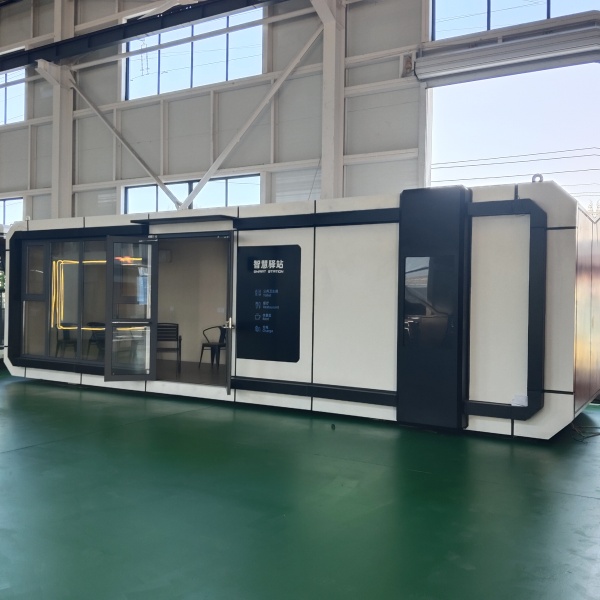 Modular modern movable apple cabins, customized high-end folk houses and portable bedrooms, delivered as a whole
Modular modern movable apple cabins, customized high-end folk houses and portable bedrooms, delivered as a whole -
 A container house with a terrace and double-wing folding design, suitable for various purposes such as offices, meeting rooms, living rooms, etc.
A container house with a terrace and double-wing folding design, suitable for various purposes such as offices, meeting rooms, living rooms, etc. -
 High-quality Double-wing Folding Container House with Doors and Windows, Insulated Walls, Suitable for Various Scenarios.
High-quality Double-wing Folding Container House with Doors and Windows, Insulated Walls, Suitable for Various Scenarios. -
 Good Quality Modular Homes Prefabricated House Expandable Container House 20FT Mobile Flat Roof House
Good Quality Modular Homes Prefabricated House Expandable Container House 20FT Mobile Flat Roof House -
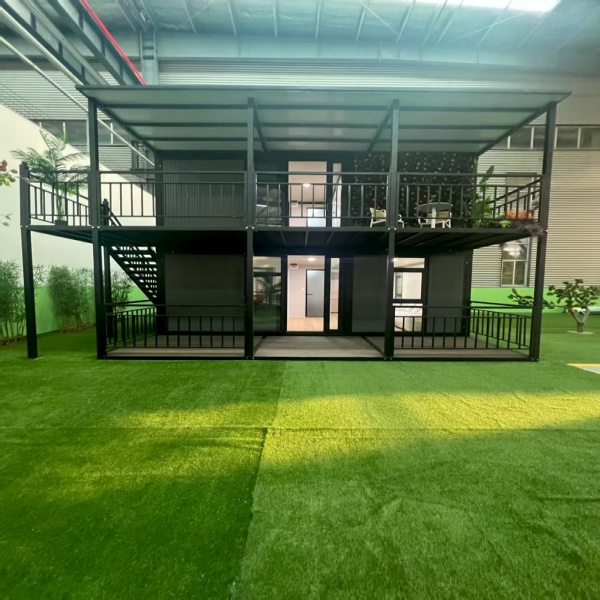 Luxury foldable two-story container houses in luxury resort hotels and villa hotels
Luxury foldable two-story container houses in luxury resort hotels and villa hotels -
 Easy Install Customized Detachable Container Homes Extendable House Prefab 2 Floors Expandable Container House
Easy Install Customized Detachable Container Homes Extendable House Prefab 2 Floors Expandable Container House -
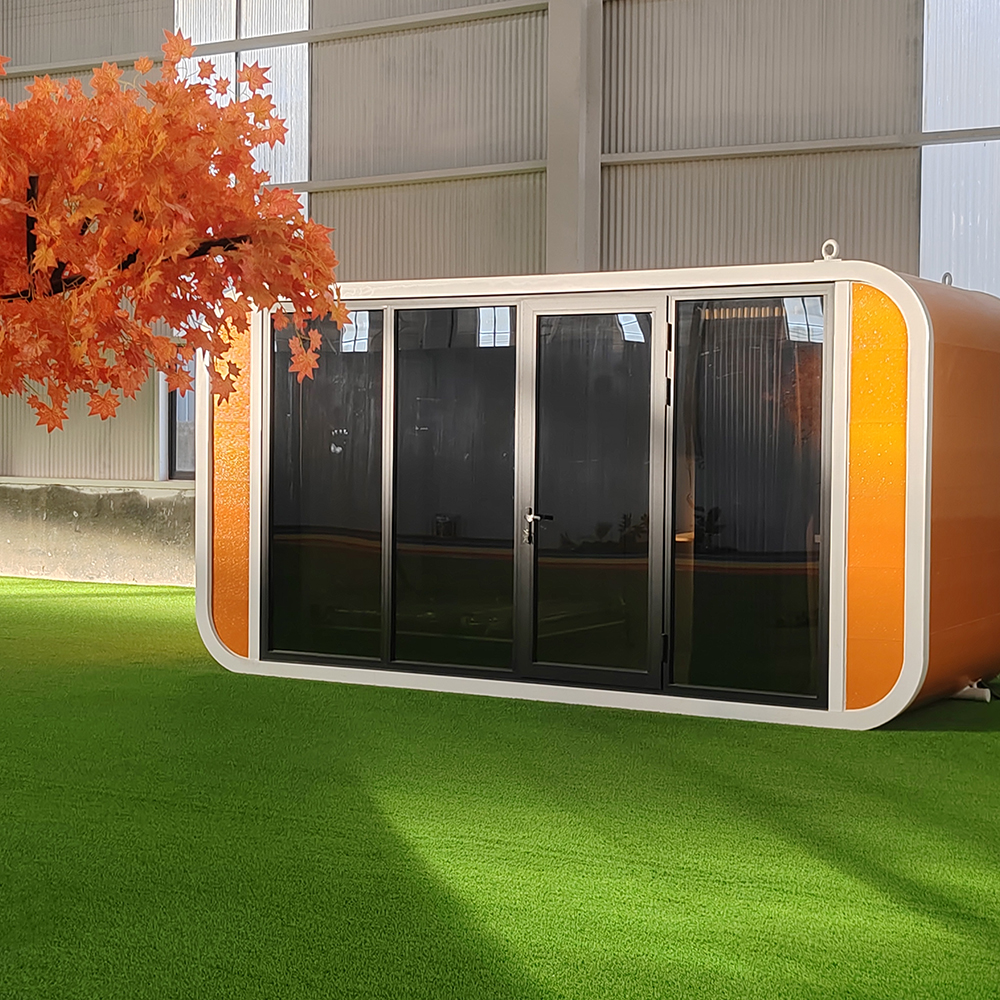 Luxury Prefabricated Living Container House Modular Glass Tiny House Prefab Container Home Apple Cabin
Luxury Prefabricated Living Container House Modular Glass Tiny House Prefab Container Home Apple Cabin -
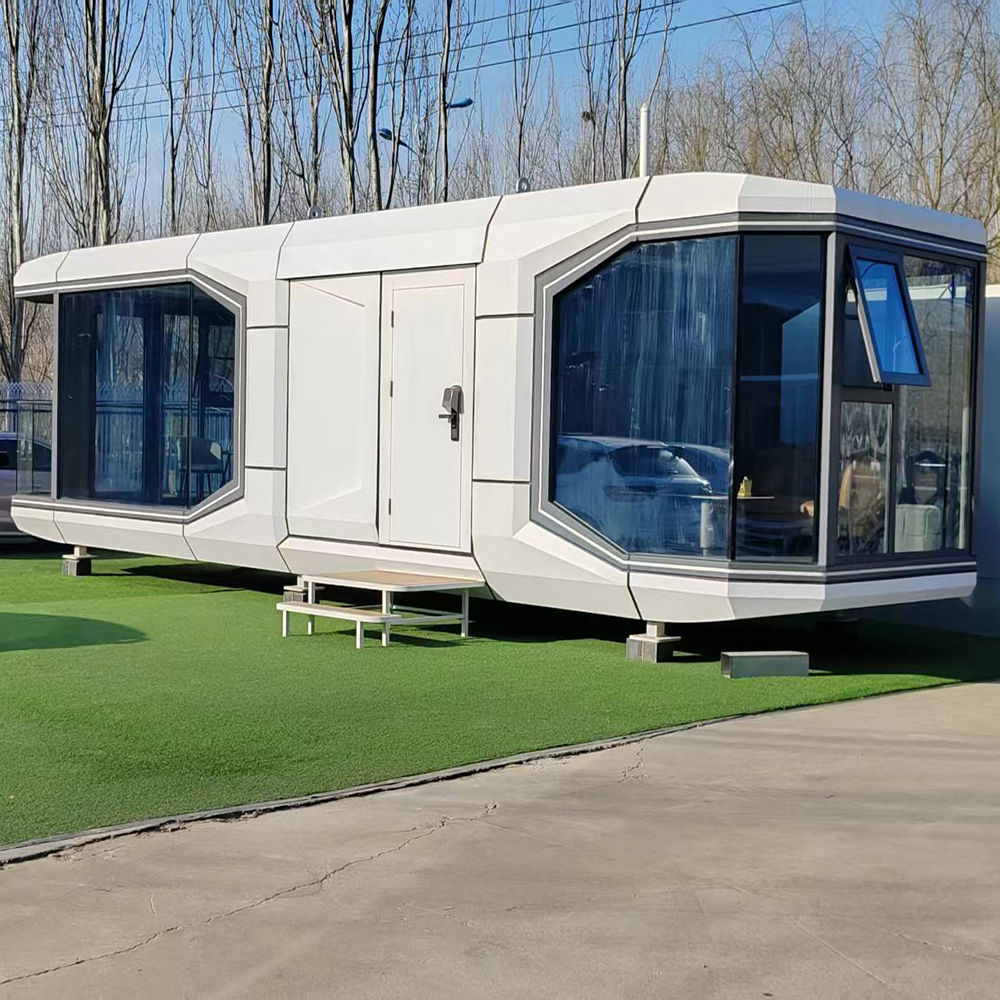 Luxury High Quality 2 Bedroom Container Home Prefabricated Steel Space Capsule for Office Shop Hotel or Outdoor House
Luxury High Quality 2 Bedroom Container Home Prefabricated Steel Space Capsule for Office Shop Hotel or Outdoor House -
 Luxury Foldable Two Story Container House for Glamping Resort and Villa Hotel
Luxury Foldable Two Story Container House for Glamping Resort and Villa Hotel










